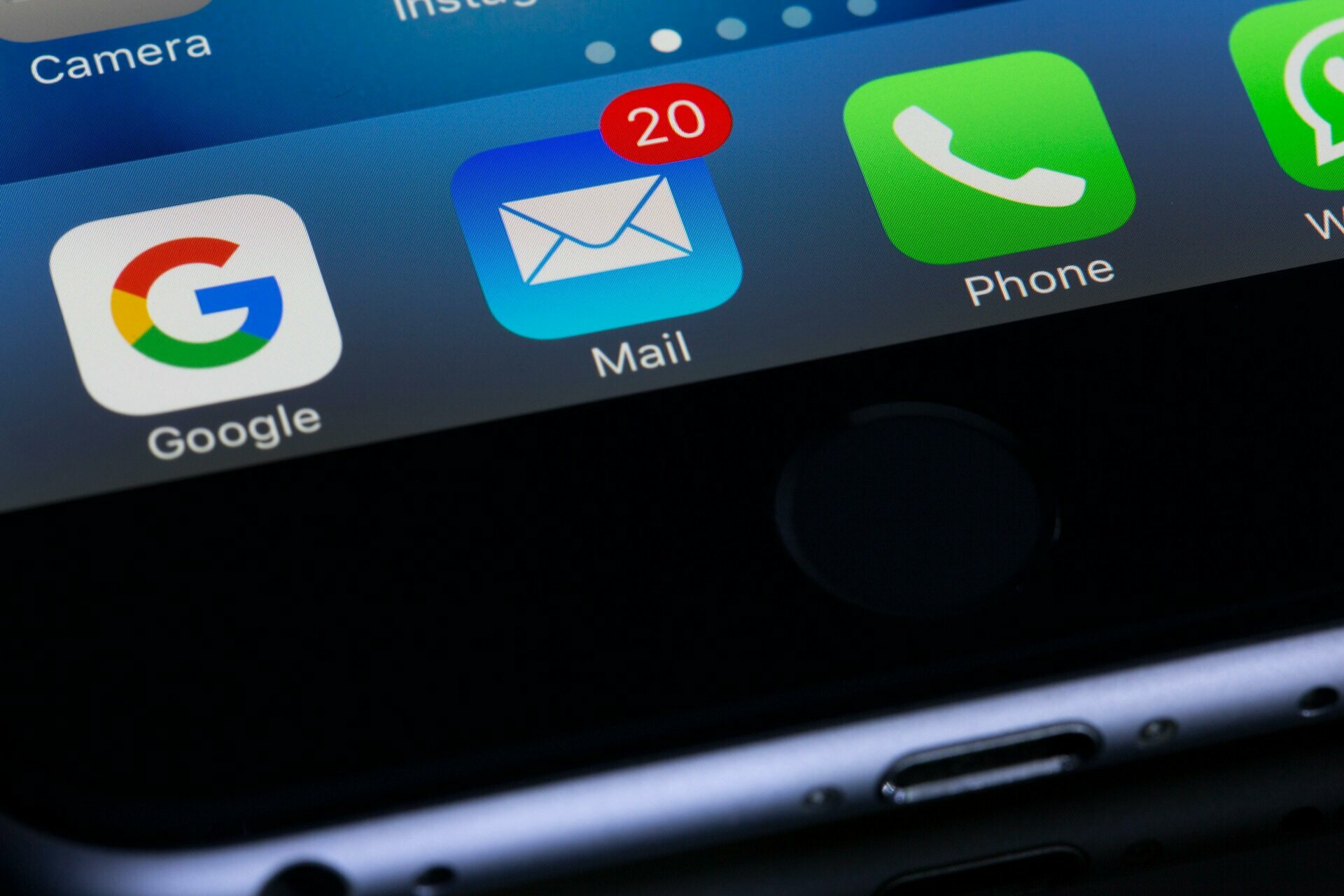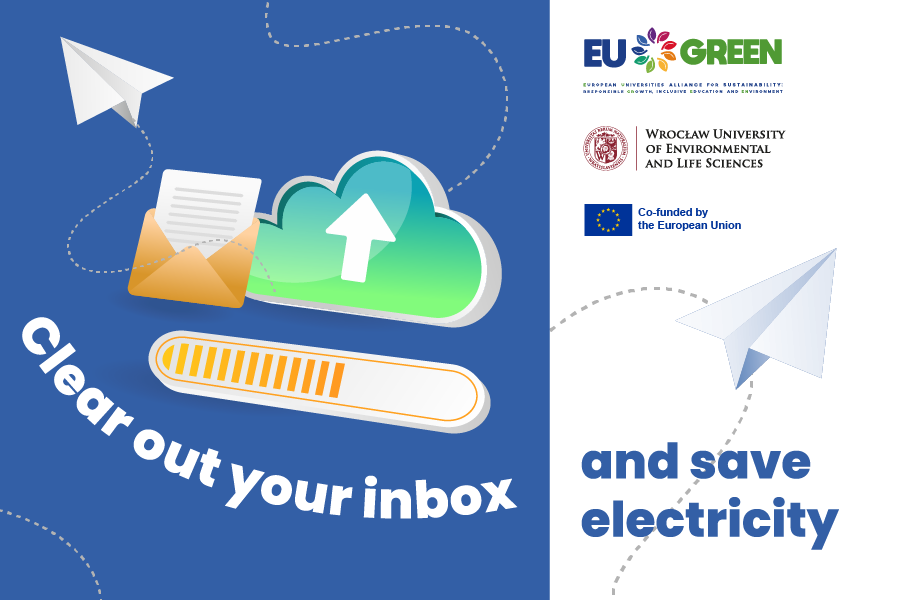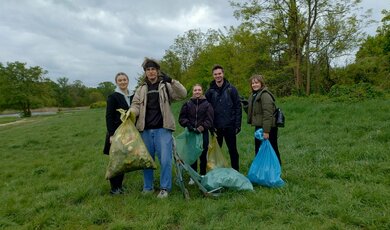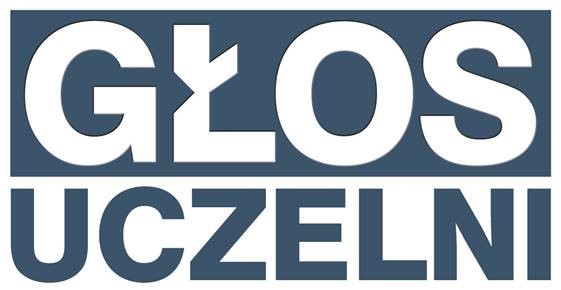
Clean out your inbox and save electricity
The information and communication technology sector, including data centres, generates up to 2% of global carbon dioxide emissions. This level is comparable to the aviation sector's share. Therefore, the idea of the EU GREEN alliance universities to effectively reduce their carbon footprint through a mailbox cleaning campaign has emerged.
The IT sector currently consumes about 7% of global electricity. By 2030, this share will increase to 13%. What does this mean in practice? Each Google search generates as much carbon dioxide as brewing half a cup of coffee. Every minute, 188 million emails are sent, and using just the two most popular messengers in the world, we send over 40 million messages. We download nearly 400,000 apps from app stores. Data centers have the fastest-growing carbon footprint in the entire ICT sector, consuming an average of 13,684 MWh of electricity annually – the same amount used by over 25,000 households.
Digital carbon footprint
A few years ago, the British Medical Journal described the story of St George’s Hospital in London. When a new helicopter landing pad was launched, an email containing a photo of various staff members involved in the project was sent daily for 30 days. The email, ranging from 40 kB to 115 kB in size, was received by over 13,240 employees in total. It is generally accepted that a large email generates 50 grams of carbon dioxide. The British example shows that nearly 20 tons of carbon dioxide were generated in one month, while the average Briton emits 15 tons annually.

– Research clearly indicates that storing unnecessary emails in data centers contributes to significant energy consumption and greenhouse gas (GHG) emissions – says Dr. Wojciech Kilian from the Department of Construction at the Wrocław University of Environmental and Life Sciences, the initiator of the campaign. – Every email, even if not opened, requires resources for storage and management, adding to the energy infrastructure burden. Regularly deleting unnecessary messages from our mailboxes can significantly reduce this impact, hence the entire initiative. It’s a simple step that each of us can take to help reduce the global carbon footprint and protect the environment.
Local actions within the alliance
The Wrocław University of Environmental and Life Sciences, like all public institutions and companies, also generates a carbon footprint from emails. Since the EU GREEN alliance has included actions related to achieving Sustainable Development Goals in its strategy, the idea arose for all universities in this consortium to conduct a mailbox cleaning campaign, thereby reducing energy consumption and carbon dioxide emissions. This is one of the simplest ways to save energy resources and protect the environment, while implementing a straightforward strategy – acting locally to influence global changes in line with green digital solutions.
Clearing email inboxes (both employees’ and students’) before the holidays will not only increase server efficiency for the new academic year but also reduce the negative impact of our daily actions on the environment.












